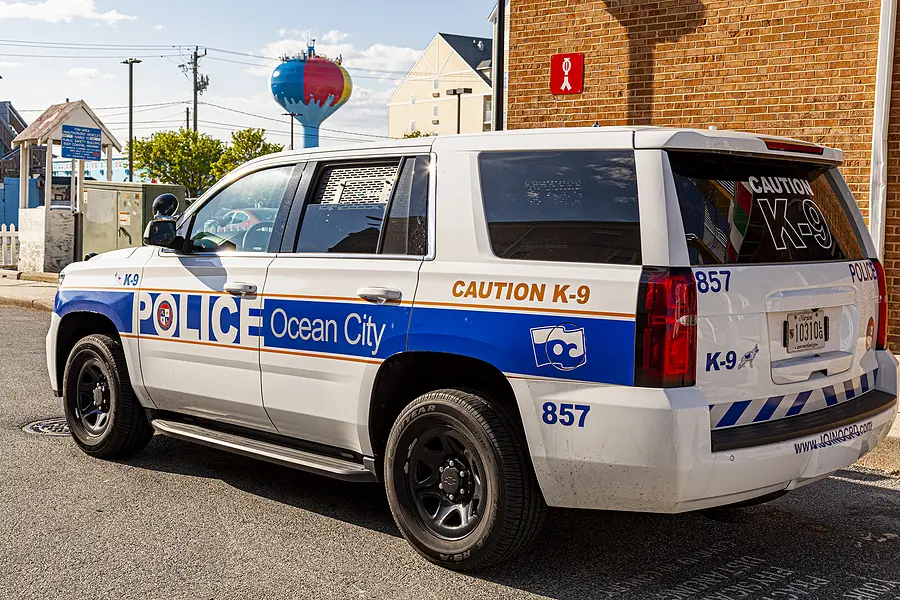Even though the electric vehicle (EV) industry is facing challenges and public support for such restrictions is waning, New Jersey Governor Phil Murphy is intensifying his efforts to ban the sale of new gasoline-powered cars by 2035. Murphy’s bold objective is in line with larger initiatives to address climate change, but others contend the state isn’t prepared to back such a significant change.
Murphy’s larger climate program, which includes the 2035 ban, intends to reduce greenhouse gas emissions and establish New Jersey as a pioneer in renewable energy. Murphy intends to lessen the state’s dependency on fossil fuels and hasten the switch to electric vehicles by phase-out new gas-powered vehicles. But realizing this goal is proving to be difficult, particularly in light of the growing difficulties facing the EV industry.
New Jersey is not an exception to the national slowdown in EV adoption caused by supply chain problems, high EV costs, and inadequate charging infrastructure. Even though federal incentives have sparked significant advancements, many locals still face obstacles due to the lack of widespread access to reasonably priced EVs. Murphy’s plan is criticized for putting a major burden on middle- and lower-class households, who could find it difficult to make the move without sizable state-level rebates or subsidies.
Another major issue is infrastructure, which goes beyond affordability. Although many contend that New Jersey’s EV charging network expansions are insufficient to fulfill the expected demand by 2035, the state has made significant progress in this area. Installing charging stations in the state’s crowded cities presents special difficulties, especially for locals without access to private parking. Although Murphy’s government has promised to close these inequalities, there has been unequal success.
Murphy isn’t daunted by these challenges. His supporters contend that in order to confront the climate catastrophe and establish New Jersey as a progressive state, decisive action is required. They highlight the economic benefits of the EV revolution, including as lower long-term fuel prices for customers and the development of jobs in the clean energy sector. Murphy has highlighted the advantages for the environment, pointing out that one of the main causes of New Jersey’s greenhouse gas emissions is transportation.
However, the state is moving too quickly without sufficiently addressing practical issues, according to the governor’s detractors. For the plan to succeed, Murphy’s administration will have to close the gap between ambition and reality as the 2035 deadline approaches. It remains to be seen if he can muster the support required to get over these obstacles.
Note: Every piece of content is rigorously reviewed by our team of experienced writers and editors to ensure its accuracy. Our writers use credible sources and adhere to strict fact-checking protocols to verify all claims and data before publication. If an error is identified, we promptly correct it and strive for transparency in all updates, feel free to reach out to us via email. We appreciate your trust and support!




